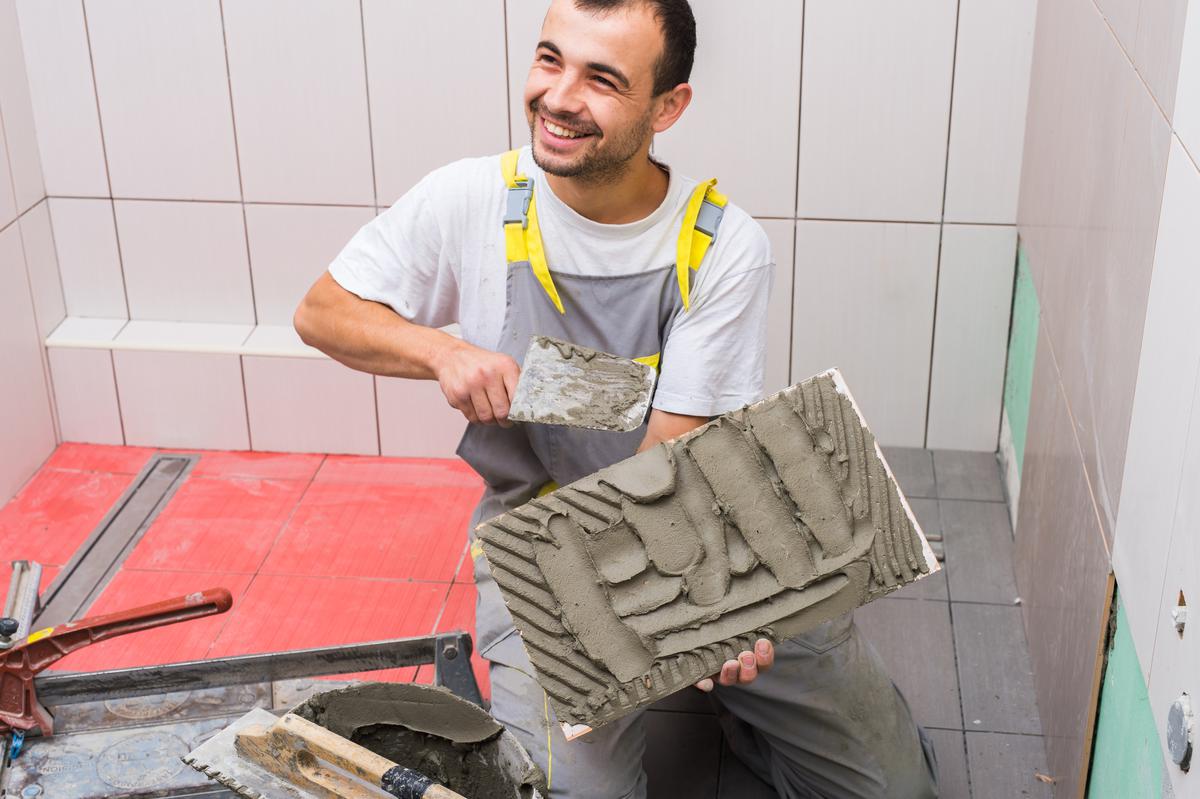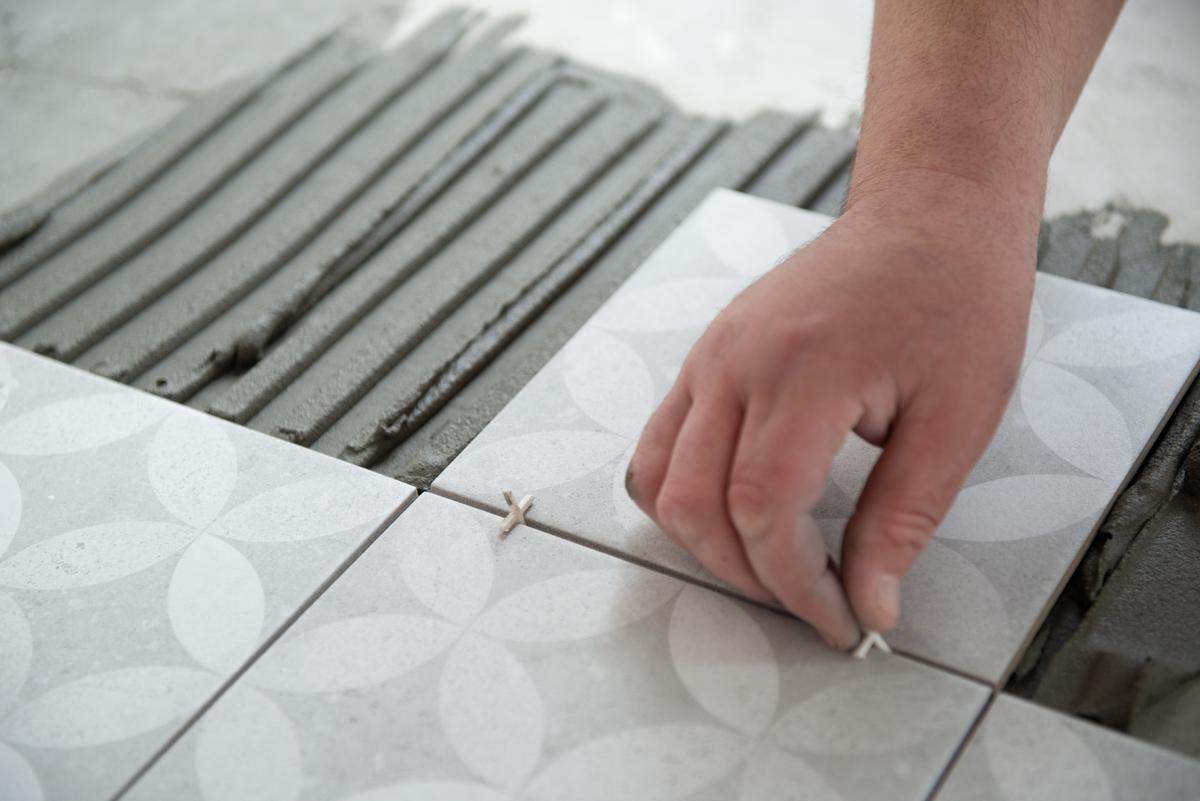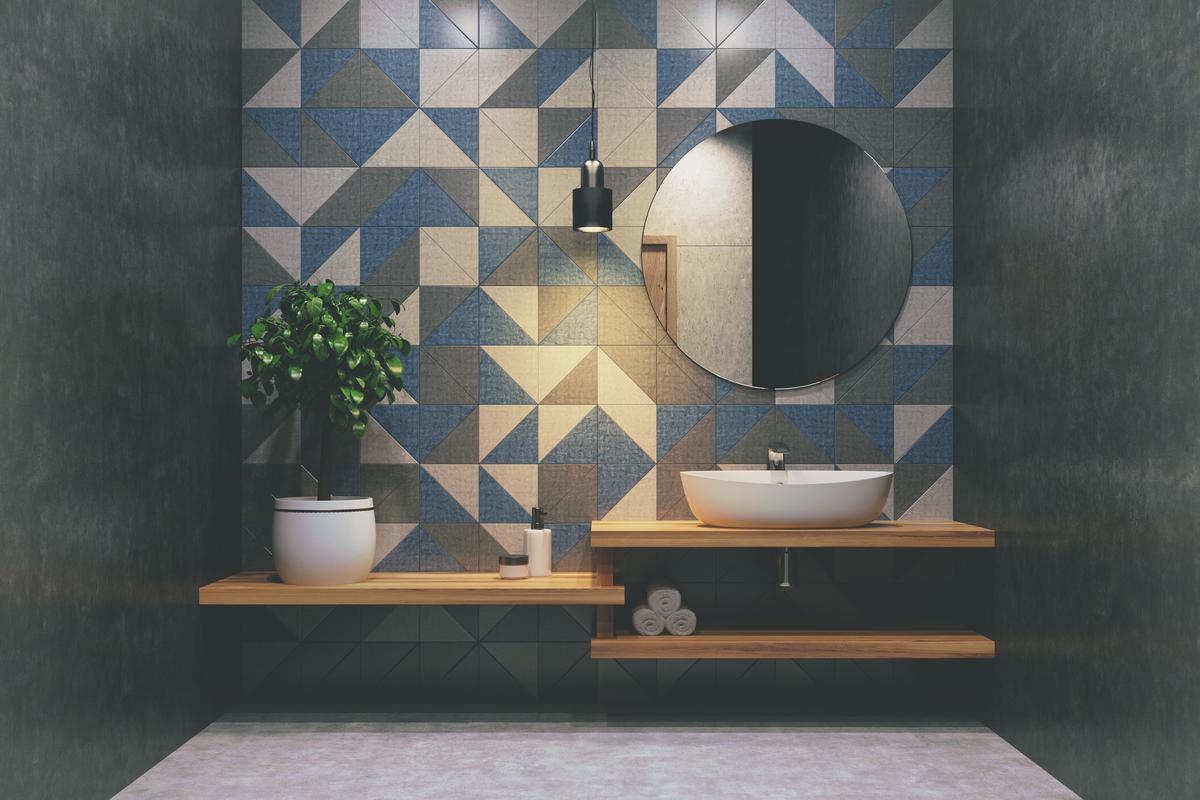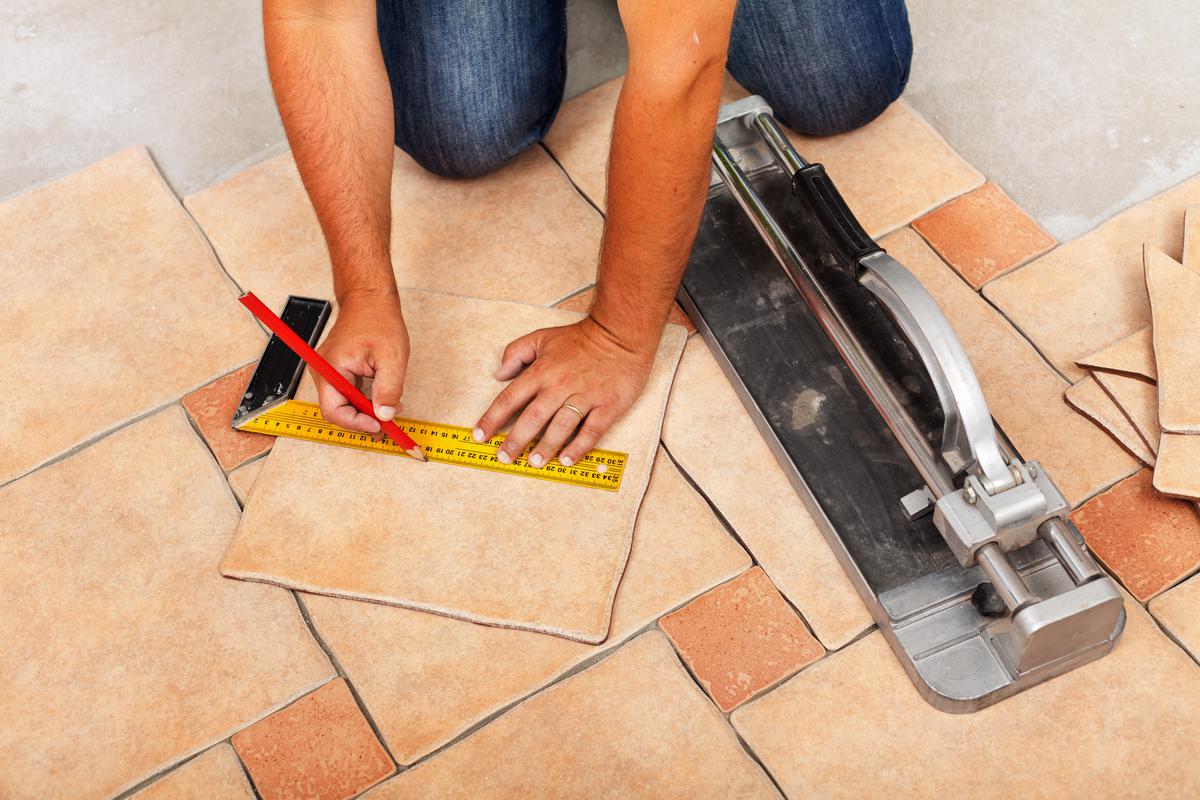How to Choose the Right Tiler for You
As you may have gathered by now there are more than a few factors that can affect the satisfaction level of your tile project. Expertise in particular materials, the know-how needed to cut and shape when needed, and the professional foresight to determine whether you need backer board or waterproofing to prevent tiles from chipping, popping off or breaking, are only some of the reasons why you should hire a professional instead of DIY-ing your own tiles.
But how do you choose a tile installer? Here are some questions you’re going to want to ask to make an informed decision.
- Are you licensed or qualified?
- Are you insured to work in my home?
- How long will this job take?
- Can you provide a written quote?
- Do you provide installer warranty?
- Do you have references I can follow up with?
- Can I see examples of your work?
- Have you done similar projects before?
- Do you have experience working with similar materials?
- Does the quote include removal of old tiles, surface preparation, sealing? Waterproofing, and polishing the tiles included in your quote?
Other Considerations to Best Evaluate a Tiler
If most or all of the questions above have been answered then you have all the important stuff down. But you should also read ratings and reviews of the professionals in the directories you find them in.
You can also take into consideration any certification the tile professional has or doesn’t have. Ones to look out for can be from the Ceramic Tile Education Foundation (CTEF) or the National Tile Contractors Association. According to the CTEF, a certified tile installer is “... a dedicated and knowledgeable professional whose competence in installing tile has been verified to meet specific tile industry standards.” (CTEF) Both of the mentioned professional organizations provide certification and education opportunities. Membership in or certification from one of these organizations means that your tiler is closer to the dissemination of information about new technologies, solutions, and advancements in the field.
Finally, don’t forget about experience. Although a more experienced tiler will quote higher, they will also be able to carry out the job more quickly and efficiently than a less experienced tiler - essentially saving you money. Starting tilers normally work under the supervision of a certified tile installer to gain experience, until they meet the prerequisites to get their own certification. Although certifications are not a requirement in the field, they are a convincing sign of credibility and experience in a tile contractor.
Besides gaining a greater appreciation for tilers, we hope this article will help you find the right tile installer for your next tile installation home project.










comments